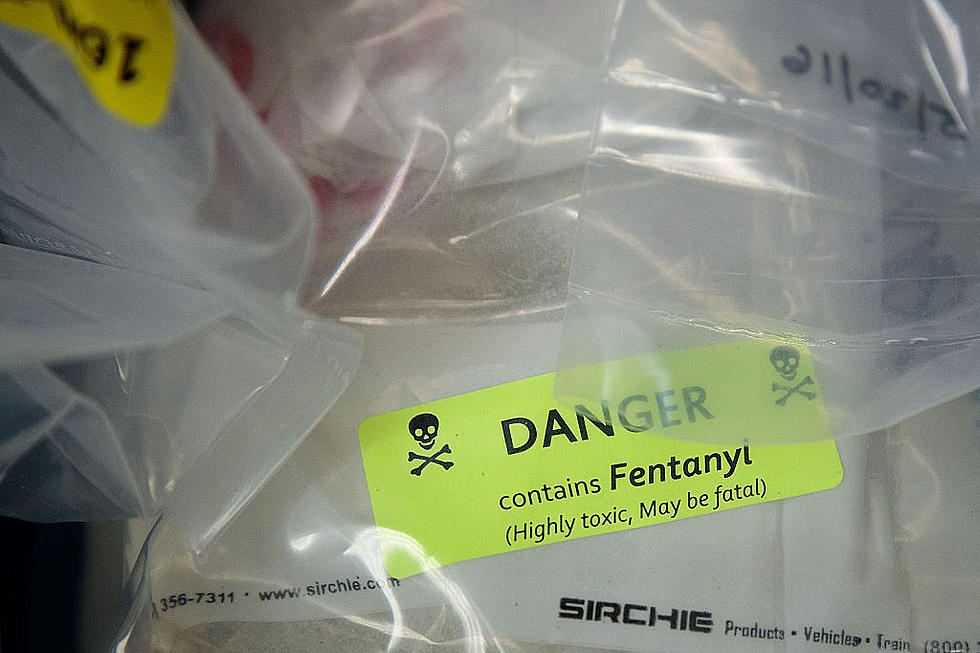
Fake Pills Laced With Fentanyl Are Killing Texas Youth

Listen to the full interview with Derek Maltz above.
Across Texas and the entire United States, more and more young people are dying from overdosing on Fentanyl. It's a problem that's impacting more families each year, and if trends continue, Fentanyl could kill more people in 2021 than ever before.
Derek Maltz, former DEA Special Agent in Charge, joined The Chad Hasty Show on Monday afternoon to discuss the flow of drugs coming across the border and how the rise in Fentanyl deaths can be connected to the crisis along the border, the Mexican drug cartels and criminals from China.
Maltz told The Chad Hasty Show that more and more Fentanyl is coming across the border:
We have a crisis and we need some action to shut this down. Look at what CBP seized on the border the first nine months. 8500 pounds of Fentanyl. Last year for the entire year it was only 4776 pounds. I say only, but remember only 1 kilogram which is 2.2 pounds can kill 500,000 people.
According to Maltz, this is different than the opioid crisis. Younger people are trying pills like Xanax, Valium and Oxycodone that they find in their parents' or friends' homes. Maltz said that with younger people medicating themselves, they eventually attempt to purchase drugs on the street and on social media.
Maltz said that often times these pills are fake and brought in by Mexican drug cartels, which lace the pills with Fentanyl.
According to a story from KXAN, a sergeant in the organized crime unit of the Cedar Park Police Department says this year has been the busiest with fake pills:
Justin Miller, a sergeant in the organized crime unit of the Cedar Park Police Department, said he’s been policing narcotics for eight years and the past 18 months have been the busiest he’s ever seen. Counterfeit pills laced with fentanyl are a major driver of that uptick in narcotics crime, he said.
Maltz told The Chad Hasty Show that until the border is secured, we can expect to see an increase in these type of drugs flowing across the border.
Listen to the full interview with Derek Maltz above.

